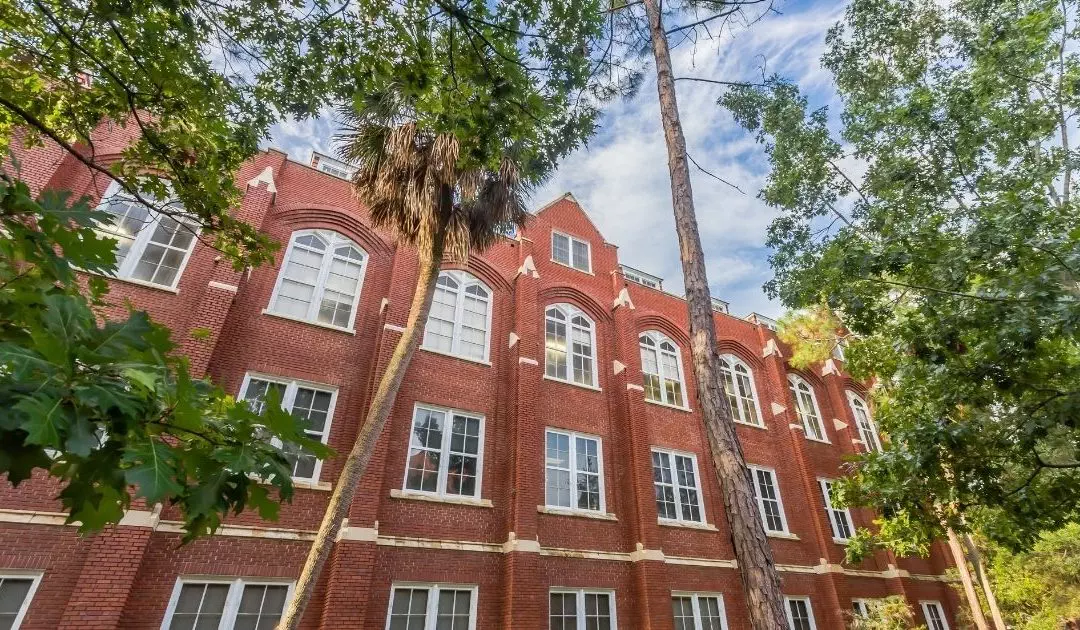The definition of a “good” college depends on the person defining it. Many people look toward the brand name of the college which has been developed through athletic notoriety, seeming connection with the Ivy League, belief in the power of alumni connections and whether a friend or family member graduated from that institution.
We believe, based on our years of experience, that the definition has more to do with the students themselves, but we’ll come back to this point soon.
Let’s address the rumors first. Because a college team plays football in a BCS Bowl Game or basketball during March Madness has little to do with the student’s academic experience and often refers to only 10 – 30 days a year when the student can paint her face and cheer for her team. While the excitement of these events is palpable and memorable, it is important to keep them in perspective as only part of the college experience.
What is the Ivy League? Good question! It is an athletic league. Long ago the Ivy League was established, and Colgate and Cornell were asked to join, and only Cornell accepted. Does that mean that a Cornell education is better than that of Colgate? No. Does that mean that a student would find the same characteristics and experiences at Brown as they would at Princeton? Definitely not. Is Stanford in the Ivy League? Is MIT? No and no. So, students looking for engaging intellectual experiences and smart classmates need to broaden their lens beyond the Ivy League. Honors College experiences at large public institutions as well as those at smaller liberal arts colleges offer engagement, connections and graduate placement as impactful as those offered at “Ivy League” institutions.
Alumni connections are often mentioned in our work with students and their parents. We understand this as students and parents wanting to be sure that the degree is well regarded, and that the student is well-prepared for a career and profession (keep in mind that half of the occupations that current high school students will encounter have not been invented yet – cyber security and drone technology were not considered career fields as few as 15 years ago). There are career-focused clubs at most institutions, but more importantly there are amazing comprehensive programs at places like Franklin & Marshall, Lehigh, and Stonehill which prepare students across a wide range of career preparation including internships, co-ops, job-shadowing, etc. As the number of alumni grow, the impact of simply having gone to a specific college shrinks. It is what the students does there that matters. It’s important to look beyond the obvious, and to visit the career centers during college tours (we never miss an opportunity to do so).
As for the family member / friend that has graduated from a school you are exploring, be sure to ask when the last time she was there and the ways the college has changed. Memories are selective and often based on emotions.
Now, back to the definition of a good colleges. As we stated above, we believe it depends on the student. Of prime importance: is whether the college offer the learning environment that is best for the student, i.e. discussion or lecture. Location is importance both in terms of setting and distance from home. The major does not matter too much unless the student is absolutely positive (rare), but the academic advising and flexibility of the curriculum is crucial. Most students change their majors 3 or 4 times in college. It is important to dive into research on career / graduate school placement, student support in terms of academics and campus life, time to graduation for most students (is it over 4 years?) and on-campus activities and study-abroad opportunities. Of course, the family’s ability to pay for the education must be considered.
We hope this information serves students and families to step back and really consider what is important to them.
Dr. Peggy Hock and Katy Murphy


Recent Comments